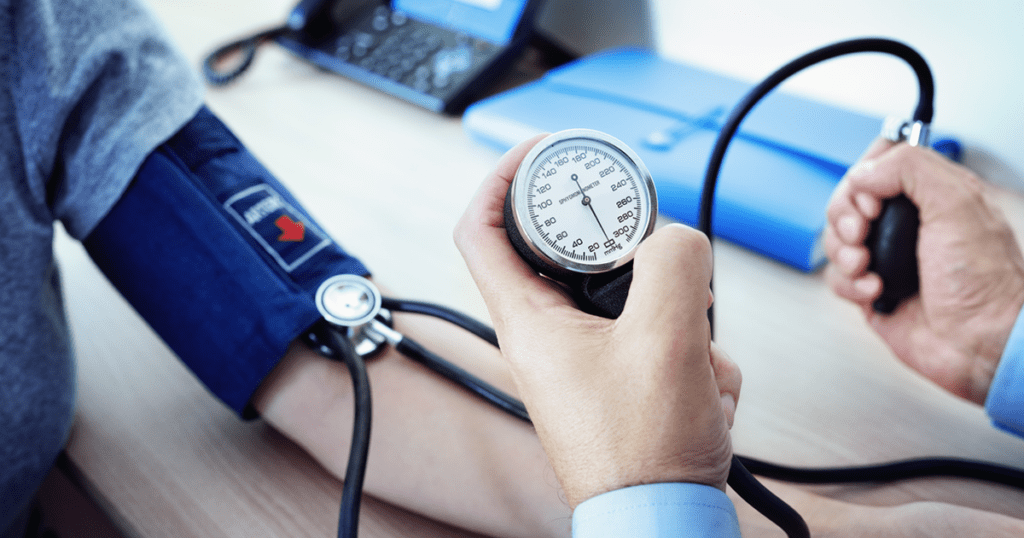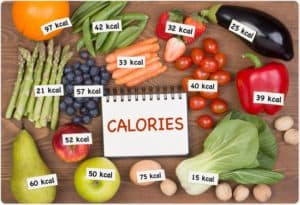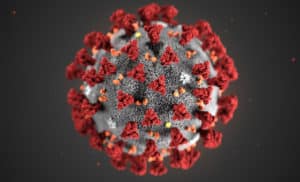What is Blood Pressure?
Blood Pressure is the vital force that moves blood through our circulatory system to supply oxygen and other nutrients to the whole body for the nourishment of tissues and other organs.
Functions
1) It transports white blood cells to the body.
2) It also delivers antibodies to the whole body for immunity.
3) It acts as a purifier, It picks up the waste products and toxins from body tissues and organs when fresh blood is carried away from the heart.
How to measure it?
Blood Pressure is calculated by using an instrument called a sphygmomanometer. A sphygmomanometer has an inflatable cuff that is placed around the arm so that we get readings and measure it properly.
It has two Readings ( Example 125/70) the top number is called systolic pressure reading which is the pressure exerted from the heart when it flows through arteries and the second number is called the diastolic pressure reading and is the pressure in arteries when the heart takes a rest between the beats.
Ideal Blood Pressure as per Age
| Age | Normal Systolic Range | Normal Diastolic range |
| Teenage (14-18 Years) | 90 mm HG -120 mm HG | 50 mm HG -80 mm HG |
| Adult (19-40 Years) | 95 mm HG -135 mm HG | 60 mm HG -80 mm HG |
| Oldage (41-65 Years) | 110 mm HG -145 mm HG | 70 mm HG -90 mm HG |
| Oldage (More than 65 Years) | 95 mm HG -145 mm HG | 71 mm HG -90 mm HG |
High Blood Pressure
It is a situation in which the force of the blood against the artery walls is too high. Usually it is defined as blood pressure above 140/90 and is considered severe if the pressure is above 180/120.
Causes
- Smoking.
- Being overweight or obese.
- Lack of physical activity.
- Too much salt in the diet.
- Too much alcohol consumption (more than 1 to 2 drinks per day)
- Stress.
- Older age.
- Genetics
Symptoms
- Headache
- Shortness of breath
- Nosebleeds
- Dizziness
- Chest pain
- Blood in the urine
Low Blood Pressure
It is the condition in which the reading is lower than 90 millimeters of mercury (mm Hg) for the top number (systolic) or 60 mm Hg for the bottom number (diastolic).
Causes
- Loss of blood from bleeding
- Low body temperature.
- High body temperature.
- Heart muscle disease causing heart failure.
- Sepsis, a severe blood infection.
- Severe dehydration from vomiting, diarrhea, or fever.
Symptoms
- Dizziness or lightheadedness
- Fainting
- Blurred or fading vision
- Nausea
- Fatigue
- Lack of concentration
- Shock
- Confusion, especially in older people
- Cold and pale skin
- Rapid, shallow breathing
- Weak and rapid pulse
How to Maintain Normal Blood Pressure
1) Reduce sodium intake in your diet
Your body needs only 500 mg of salt in a day but on average, we consume more than the daily requirement which often leads to high levels so it is advisable to reduce your sodium intake so that you can maintain healthy blood pressure.
2) Eat Healthy Foods
It’s better to incorporate the right amount of foods in our diet to reduce the risk of high blood pressure. Studies show that a diet high in fruits, vegetables, low-fat dairy, whole grains, poultry, fish, and nuts works.
3) Exercise daily
Exercise is so effective at controlling blood pressure because at the time of exercise our body produces nitric acid that causes blood vessels to open up so that more nutrients can pass throughout the body and give insane pumps which in turn reduce blood pressure.
4) Lose weight
Being overweight increases the chances of diabetes and heart-related issues due to which the blood pressure goes up, So to reduce weight is the best thing that we can do to control the blood pressure.
5) Reduce the intake of alcohol and Smoking
Alcohol raises blood pressure and adds empty calories. A secure amount of alcohol is only one drink a day for women and two for men. Smoking is not safe in any amount. Nicotine causes blood vessels to constrict and that raises blood pressure. Quitting will also reduce the risk of cancer and heart disease.
Takeaway
Blood Pressure is vital for all the important functioning of the body so it’s better to maintain it healthily by incorporating a few changes in our diet. If you are a person suffering from high or low pressure then you can check it on alternate days just to make sure that it’s in the healthy range and if it is not consulting a doctor is the best option.
For losing weight, transforming yourself into a healthier version, and maintaining the weight, subscribe to Keto India for a personalized keto consultation. Good luck on your weight loss journey! Stay tuned for more such health content! Also, don\’t forget to follow us on Instagram for the daily dose of Ketogenic Diet, Health, and Wellness!




















